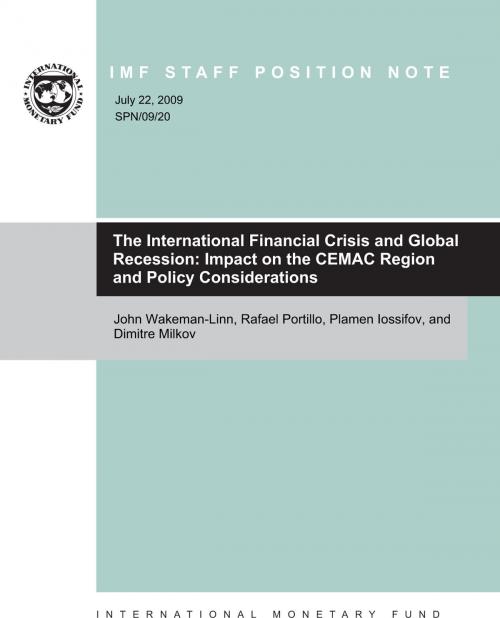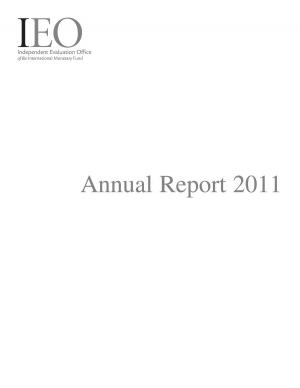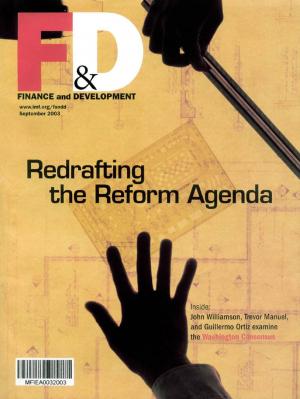| Author: | Steven Mr. Symansky, Thomas Mr. Baunsgaard | ISBN: | 9781452723082 |
| Publisher: | INTERNATIONAL MONETARY FUND | Publication: | September 28, 2009 |
| Imprint: | INTERNATIONAL MONETARY FUND | Language: | English |
| Author: | Steven Mr. Symansky, Thomas Mr. Baunsgaard |
| ISBN: | 9781452723082 |
| Publisher: | INTERNATIONAL MONETARY FUND |
| Publication: | September 28, 2009 |
| Imprint: | INTERNATIONAL MONETARY FUND |
| Language: | English |
This paper discusses how to enhance automatic stabilizers without increasing the size of government. We distinguish between permanent changes in the parameters of the tax and expenditure system (e.g., changes in tax progressivity) that will enhance the traditional automatic stabilizer, and temporary changes triggered by certain economic developments (e.g., tax measures targeted at credit and liquidity constrained households, triggered during a severe downturn). We argue that, with some exceptions, the latter are preferable as they can be implemented with lower disruptions in other fiscal policy goals (e.g., economic efficiency). Moreover, countries should also avoid introducing procyclicality as a result of fiscal rules, as these would offset the effect of existing automatic stabilizers.
This paper discusses how to enhance automatic stabilizers without increasing the size of government. We distinguish between permanent changes in the parameters of the tax and expenditure system (e.g., changes in tax progressivity) that will enhance the traditional automatic stabilizer, and temporary changes triggered by certain economic developments (e.g., tax measures targeted at credit and liquidity constrained households, triggered during a severe downturn). We argue that, with some exceptions, the latter are preferable as they can be implemented with lower disruptions in other fiscal policy goals (e.g., economic efficiency). Moreover, countries should also avoid introducing procyclicality as a result of fiscal rules, as these would offset the effect of existing automatic stabilizers.















